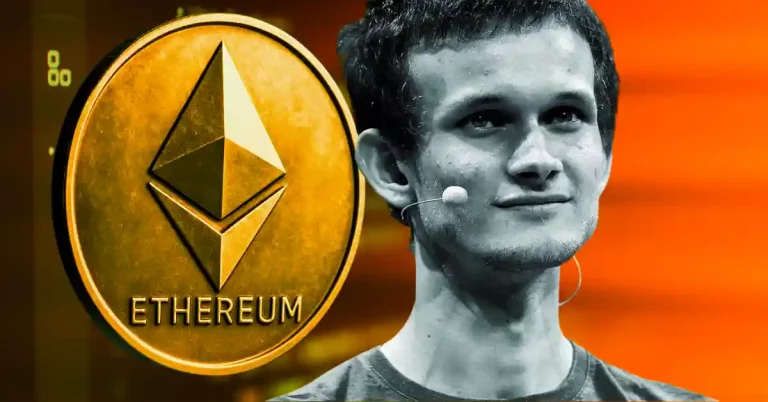
Thursday morning brought a surprise as social network Bluesky required me to complete age assurance to access my messages, citing local laws promoting online safety. The Online Safety Act in the UK demands web companies restrict harmful content to adults, risking fines for non-compliance. This marks a significant shift towards safeguarding minors and promoting internet security.
Regulator Ofcom’s CEO emphasizes the importance of age checks, urging tech firms to prioritize safety measures over engagement. Global platforms like Bluesky and Reddit are aligning with age-gating to shield youth from harmful content, reflecting a global internet culture transition.
Recent developments include the European Commission’s age verification app prototype and US legislation mandating age confirmation on adult sites. The convergence of state laws, advocacy efforts, and parental demands underscores the necessity of age assurance.
While enhancing online safety for minors is crucial, concerns arise regarding privacy infringements associated with age verification processes. The mandatory sharing of personal data with unregulated controllers poses security risks and privacy threats, sparking debate on alternative verification methods.
Existing age estimation technologies and third-party verification services introduce both benefits and risks, requiring a balanced approach to uphold privacy rights while ensuring online safety. Critics highlight the limitations of age verification systems and advocate for comprehensive evaluation before widespread implementation.






